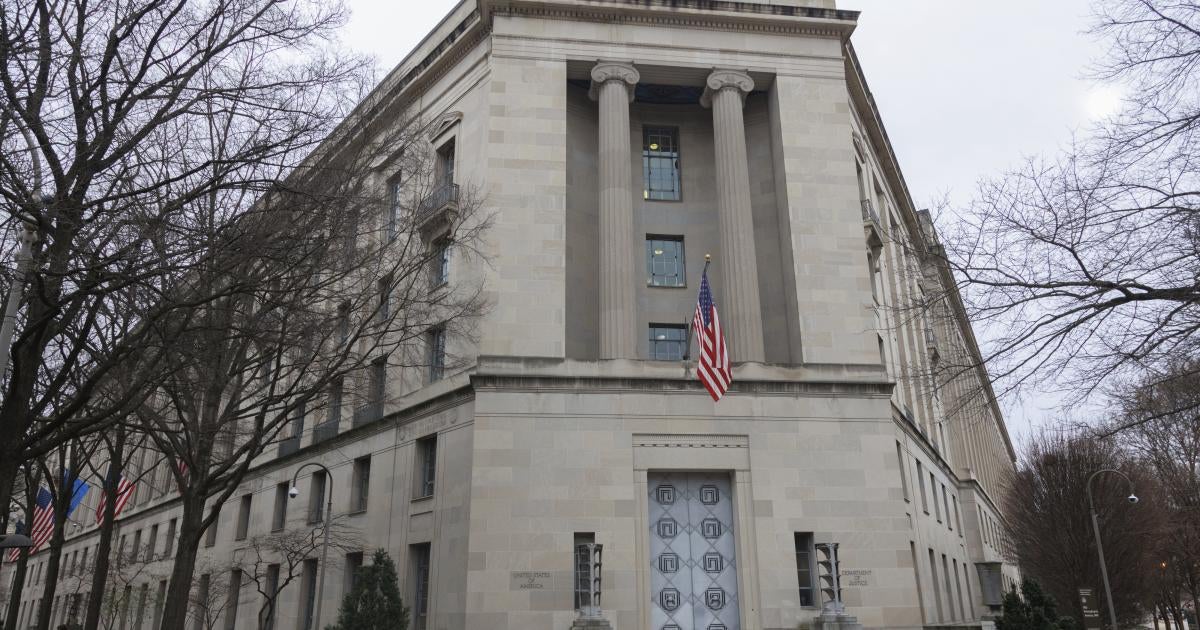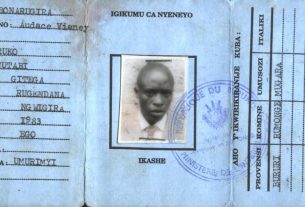The trial of a private United States citizen accused of torture as part of an alleged unlawful firearms manufacturing scheme in Iraq opened in the state of Pennsylvania yesterday. It is only the second case ever brought under a US federal law making torture a criminal offense.
Prosecutors allege that as part of the scheme, Ross Roggio, 53, abducted and tortured a potential whistleblower in Iraq in 2015 with the help of foreign soldiers placed under his command.
The US torture law prohibits torture, defined as acts specifically intended to inflict severe physical or mental pain or suffering, committed by a public official abroad and the accused person is in the United States or a US citizen. The trial comes more than 14 years after the first and only conviction under the law, that of Charles “Chuckie” Taylor, Jr., who headed Liberia’s notorious Anti-Terrorist Unit between 1997 and 2003 and then came to the United States.
Other US legislation criminalizes crimes recognized under international law – war crimes, genocide, and the use or recruitment of child soldiers. These laws have rarely been used including because of limitations in the US framework, like the lack of a crimes against humanity statute and recognition of command responsibility – the rule that establishes when superior officers can be held responsible for crimes committed by their subordinates. This has meant that US courts have fallen behind courts in Germany and France, for example, as part of growing international justice efforts in national courts.
But the United States shows signs of stepping up such efforts, including enacting important legislative fixes, prosecuting an alleged Gambian “death squad” member in Colorado, criminal investigations of potential war crimes in Ukraine that could be tried in the US, and, reportedly, a potential war crimes case against top Syrian officials.
Of course, there has still been no accountability for US torture and other serious abuses carried out by the US Central Intelligence Agency following the September 11, 2001 attacks. That is clearly a matter of political will. But by pursuing the Roggio case, the US is showing a greater interest in prosecuting grave international crimes committed abroad.



